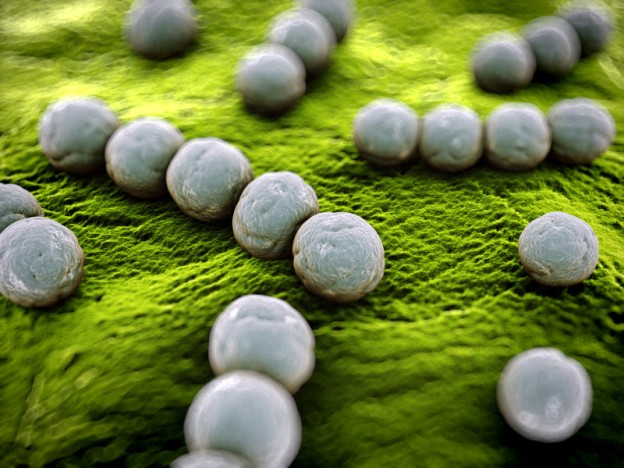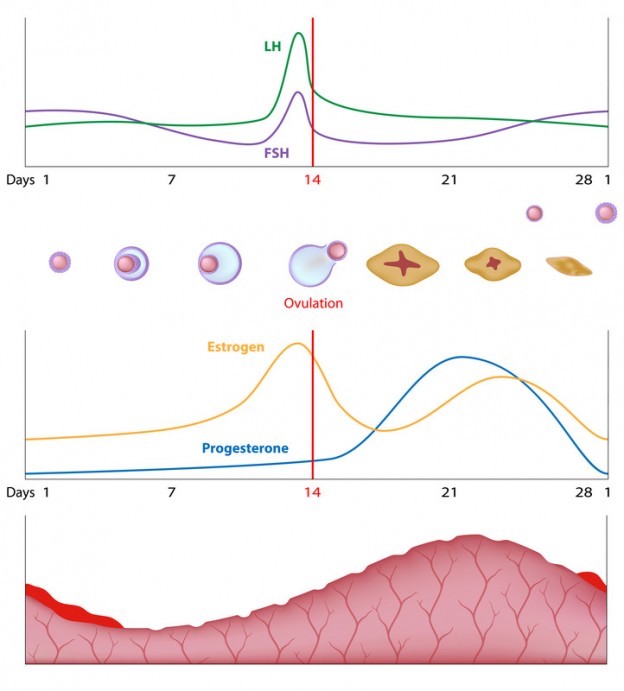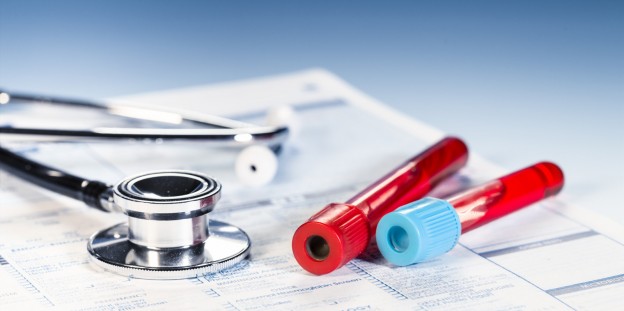The best kind of carbs are the ones that have minimal impact on blood sugar levels. High glycemic index and high glycemic load carbs (for example rice, wheat and wheat products) cause a sharp spike in blood sugar levels and insulin. A glycemic index of less than 55 is considered low and glycemic load of less than 10 is low. Rice, even if it’s brown rice, has a glycemic index of 58-84 and a glycemic load of 19-46. This will mean high insulin requirements to deal with the resulting spike in blood sugar.
So what’s wrong with that? Insulin’s job is to transport all of that sugar from the blood into the muscle, fat and other tissues and it causes the liver to store glucose as it’s storage form, glycogen. Once there is enough stored glycogen, the liver starts to produce fatty acids, which can be turned into triglycerides in fat cells, contributing to high blood lipids, atherosclerosis and fatty liver disease.
Insulin also preserves body fat, the more insulin the less breakdown of fat tissue. Not so good if you are trying to lose weight.
Insulin can also lower blood levels of potassium, a vital mineral for normal heart function.
Frequent insulin production, induced by frequent carb intake, can lead to insulin resistance or pre-diabetes. Insulin resistance can cause infertility, PCOS, heart disease, and is linked to an increased risk of cancer as both insulin and IGF1 have a role in tumor initiation and progression in insulin-resistant patients.1. How would you know if you were insulin resistant? Neither you nor your doctor would likely know until the point that your fasting blood sugar became abnormal, at which point you are diabetic. If you have PCOS you are already at a much higher risk of being insulin resistant and eventually becoming diabetic.
So what are the best kinds of carbs? Whole grain (not processed into bread, crackers, cereal, pasta), high fiber and lower glycemic index grains like quinoa, amaranth, lentils, beans and to a lesser extent spelt and kamut. Should you eat these at every meal? Probably not, best to give your body a break from the need to make insulin at every meal, even if it is a lower amount. Aim for small servings of lower glycemic index and load grains, once per day.
Have I Ever Put Anyone on a Zero Carb Diet?
No, because that is ridiculous. Unless you consumed nothing but water, you would have to be taking in carbs, even meat contains some amount of carbohydrate. For the average sedentary person, vegetables and fruit will supply sufficient carbohydrate for what your body needs. More active than usual? Great, add in a serving of one of the lower GI/GL carb sources listed above.
As a naturopathic doctor, it is my obligation to “do no harm”. If you suffer from a condition where frequent insulin production would do harm, like PCOS(2-6), I am bound by the Hippocratic oath to recommend decreasing carb intake and the need to make insulin. I’m happy to provide counselling and assistance in making the transition from a higher carbohydrate diet to a lower carbohydrate one.
1. Source: Exp Diabetes Res. 2012; 2012: 789174. Insulin Resistance and Cancer Risk: An Overview of the Pathogenetic Mechanisms, Biagio Arcidiacono, Stefania Iiritano, Aurora Nocera, Katiuscia Possidente, Maria T. Nevolo, Valeria Ventura, Daniela Foti, Eusebio Chiefari, and Antonio Brunetti.
2. Low carb ketogenic diet improves weight, percent free testosterone, LH/FSH ratio & fasting insulin in women with obesity & PCOS over a 24 week period. (Mavropoulos et al, Int J Endocrinol Metab. 2012)
3. PCOS patients ingesting a high protein diet experienced greater weight loss & body fat loss than the standard protein diet. (Sorenson et al, Am J Clin Nutr, 2012 )
4. In women with PCOS, consumption of a diet lower in CHO resulted in preferential loss of fat mass from metabolically harmful adipose depots, whereas a diet higher in CHO appeared to promote repartitioning of lean mass to fat mass. (Gossa et al, Metabolism, Oct 2014)
5. Energy restriction & weight loss in PCOS improve ovulation rates, conception, hyperandrogenemia, glucose & insulin levels, insulin resistance & satiety hormones. A low carb diet has an additional effect to caloric restriction in terms of weight loss. (Frary et al, Minerva Endocrinol, June 2014)
6. A diet containing 25% carbohydrates improved insulin resistance, whereas a diet that included 45% carbohydrates did not. Source: International Journal of Obesity and Related metabolic Disorders 20 no. 12:1067-1072




